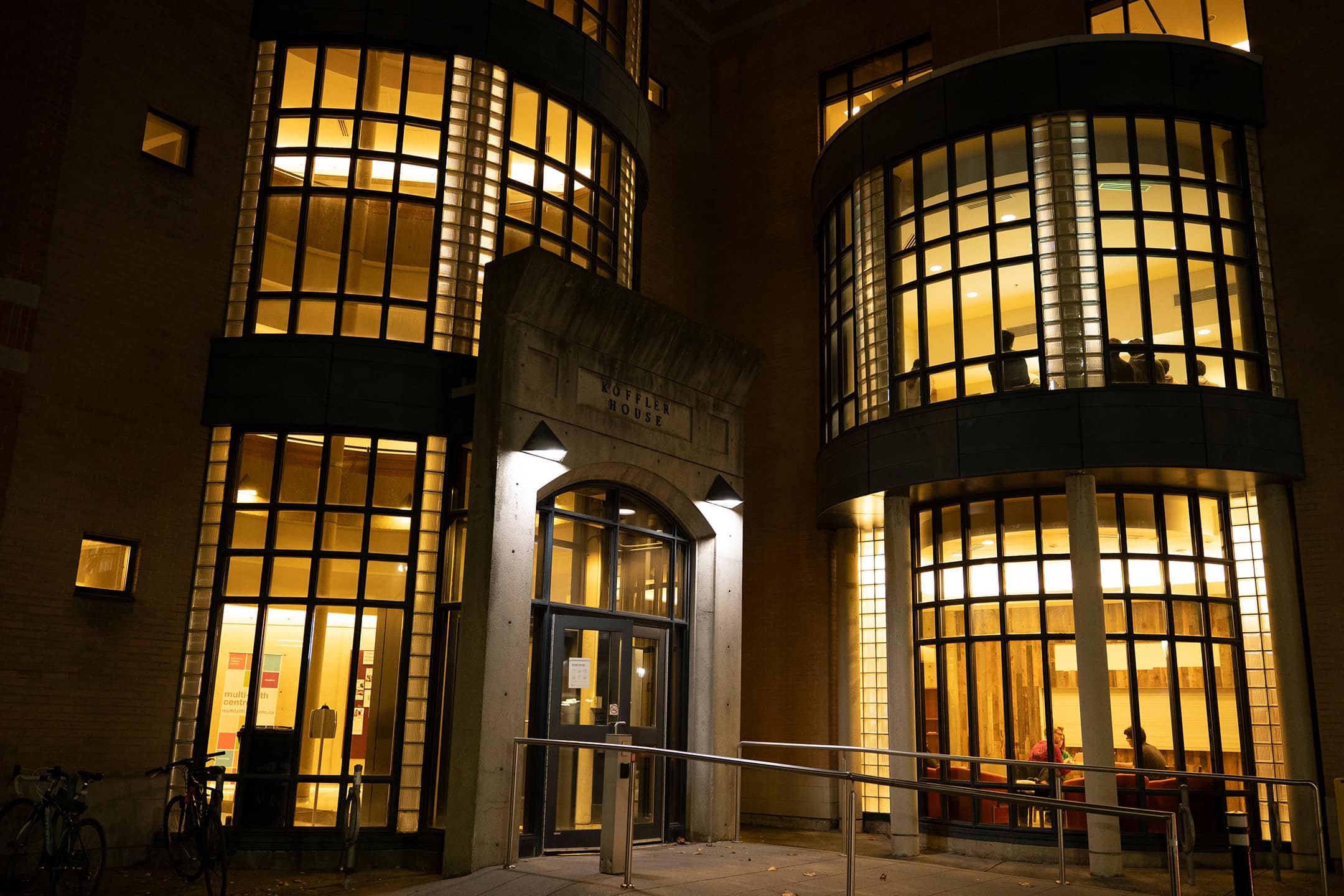Content warning: This article discusses anti-trans violence and mentions death.
November 20 marked the 25th annual Transgender Day of Remembrance and Resilience (TDRR). The event honours trans, two-spirit, and gender-diverse people who lost their lives to transphobic violence.
From November 18–22, the Sexual and Gender Diversity Office (SGDO) hosted a week of programming — including a vigil, movie night, crafting sessions, and healthcare seminar — for Trans Awareness Week, which aims to increase awareness, visibility and knowledge of trans people and the issues faced by members of trans communities.
Trans Day of Remembrance and Resilience
Transgender Day of Remembrance was started in 1999 by transgender advocate Gwendolyn Ann Smith to honour the life of Rita Hester, a Black trans woman who was murdered a year prior. Hester’s death was a catalyst for Smith to begin the web project Remembering Our Dead, which provides records of trans people who have been killed, and shortly thereafter create TDRR as an annual vigil.
In a 2014 op-ed for Louisiana newspaper The Advocate, Smith wrote, “When the Transgender Day of Remembrance first began, trans people were nameless victims in many cases. Our killers would do their best to erase our existence from the world. And law enforcement, the media, and others would continue the job.”
According to the 2021 Canadian census, around two out of five trans or nonbinary people aged 15 and older nationwide live in Ontario, with 15.3 per cent of non-binary people living in Toronto. In February, the Canadian Security Intelligence Service warned that serious violence against the 2SLGBTQ+ community was expected to be an ongoing threat throughout 2024.
In a 2018 Statistics Canada study, trans-Canadians were found to be more likely than cisgender Canadians to have been physically or sexually assaulted. An updated statistic is scheduled to come out in 2026.
Transgender Day of Resilience was coined by BreakOUT — a US-based 2SLGBTQ+ organization that provides support, and resources for professional development, and organizes events — in 2015. Transgender Day of Resilience aims to celebrate trans lives while also recognizing the disproportionate rate at which trans people, specifically trans women of colour, are targeted by violence.
This year, groups and universities across Toronto held events to mark TDRR, including 2SLGBTQ+ organization The 519 and York University.
The vigil
On November 20, the SGDO hosted a candlelight vigil at the Multifaith Centre. The SGDO is a tri-campus office that aims to “build supportive learning and working communities” at UTSG. The office provides community members with education, programming, resources, and advocacy on sexual and gender diversity through events, workshops, and roundtable discussions.
SGDO Program Coordinator Scout Swartz led the vigil, which had around 35 community members in attendance.
Many in attendance spoke among themselves and shared stories while the room was lit with tea lights. The vigil was quiet and intimate, and a minute of silence was held for a moment of reflection.
The event also included a poetry reading from the collection The Black Trans Prayer Book, titled “Blessings of our ancestors, our praying grandmothers” by Déjà Baptiste, a trans and genderqueer writer and artist.
Swartz concluded by reading “A Eulogy for Trans Lives” from the Trans Remembrance Project, a trans-led civil rights group of policy advocates for 2SLGBTQ+ rights. The eulogy mentioned Kintsugi, the Japanese art of repairing pottery with gold and precious metals.
“[Kintsugi] pulls the pieces together to reform the whole. It does not seek to hide the damage or make it ‘like new,’ but instead highlights the broken places,” Swartz recited to the crowd.“Mourning can be an act of creation. We can put our pieces together, not without the people we’ve lost, but highlighting the impact they’ve had on our lives. By filling the cracks and spaces of their absence, we’re left with an indelible memory of them.”
If you or someone you know, who identifies as a member of the LGBTQ+ community, is in need of support:
- Call the U of T Sexual & Gender Diversity Office at 416-946-5624, or email at [email protected];
- Email LGBTOUT, an LGBTQ+ student organization at U of T, at [email protected];
- Call The 519 at 416-392-6874 or email at [email protected];
- Call Access Alliance at 416-324-8677;
- Email Sherbourne Health at [email protected] for LGBTQ+ specific mental health services.
If you are concerned for your safety, you can also request help from Rainbow Railroad at www.rainbowrailroad.org/request-help.
For more resources, visit lgbtout.sa.utoronto.ca/resources-list/.



No comments to display.